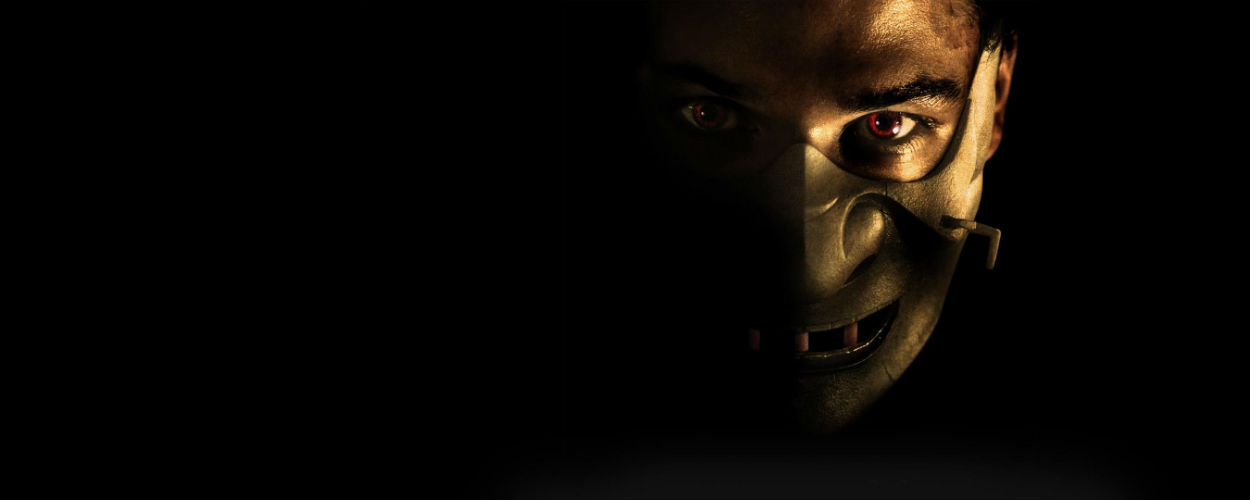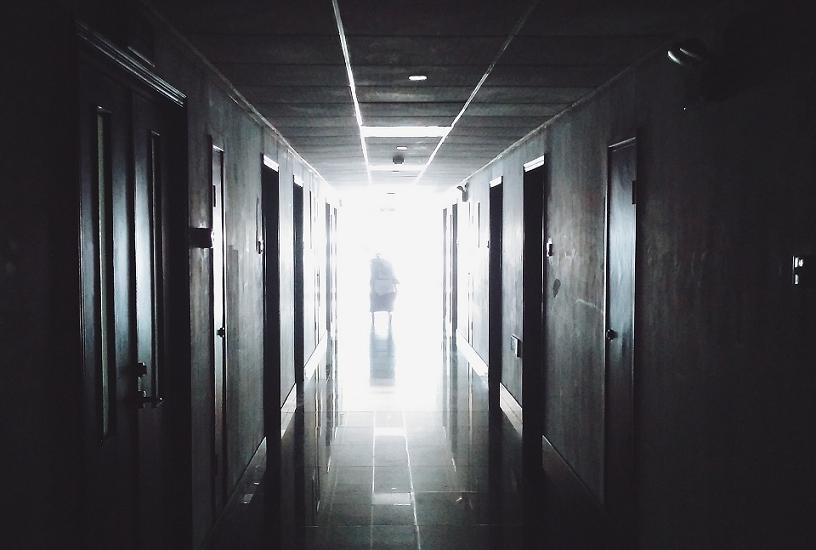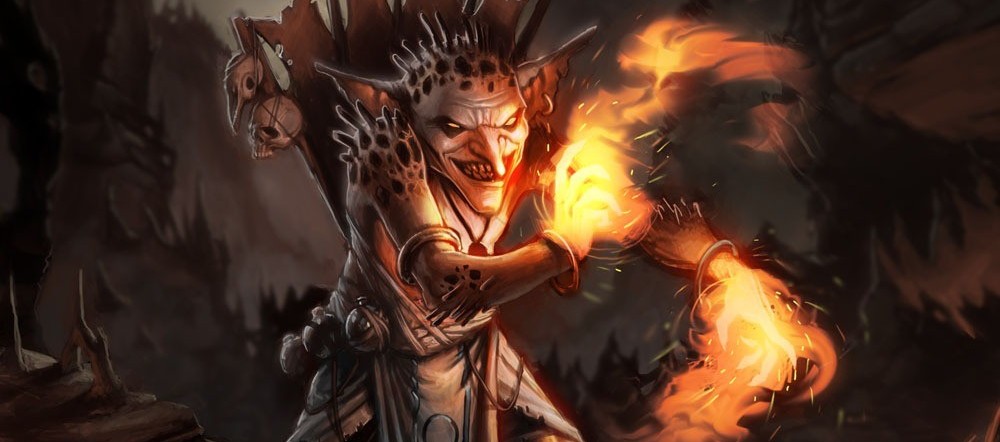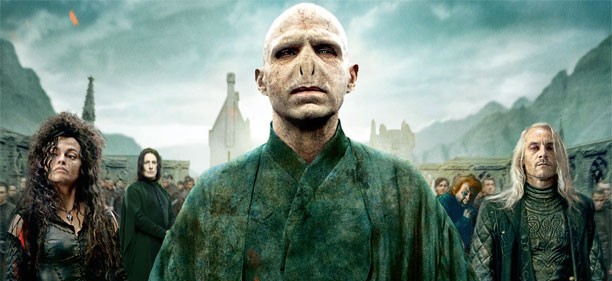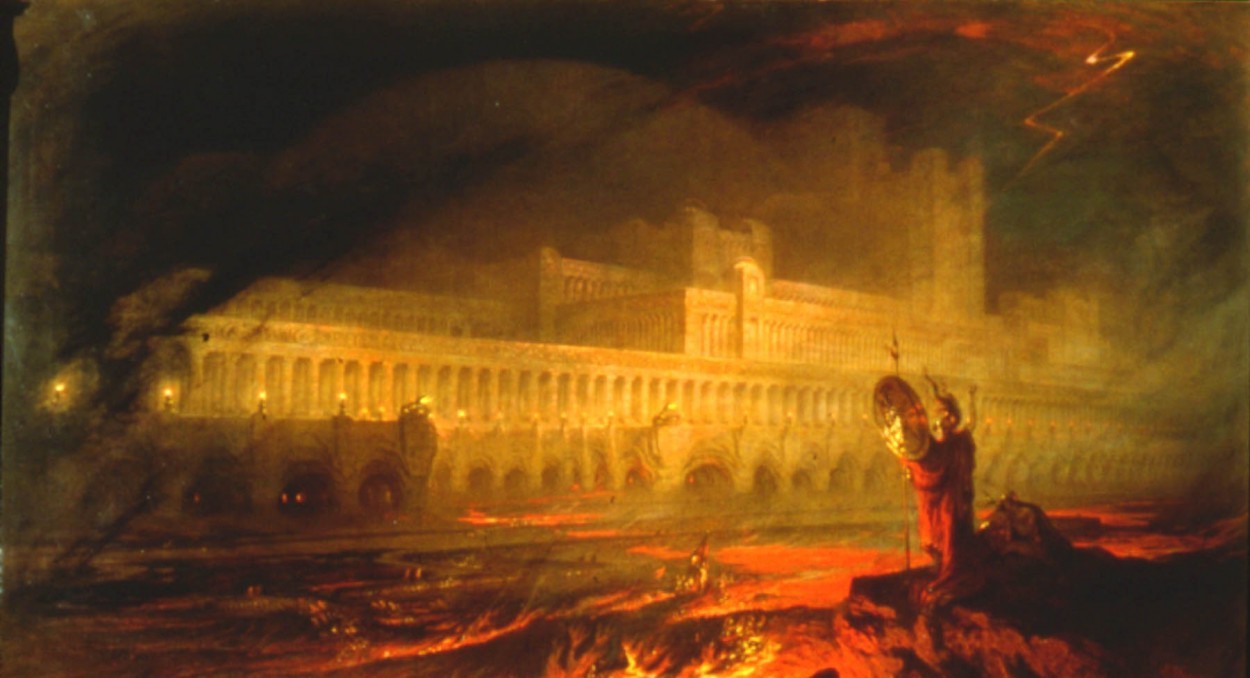We’re off this week, so we are pleased to share some of our favorite work from Year 1. This piece was part of our
Tag: Issue 8: Scum & Villainy
Retrograded – Dungeon Keeper GOLD
In today’s games, the freedom to choose good or evil is everywhere. That moral choice can drive gameplay, letting players form their own identities
The Takedown : Hannibal Rising
There are few fictional characters that elicit the sort of feelings that you can get from Hannibal Lecter, who exists somewhere between horror and
Prose Dive: Screaming Without a Mouth
Villains are the ones who make stories move. You can sympathize with them while they do it, but they can be mysterious and scary
Through The Looking Glass with the Rogue’s Gallery
Almost as a rule, we love to define things in the strictest diametrically opposed terms. Black and White, Fire and Ice, The Road Less
Victory in the Unknown: Villains
“The oldest and strongest emotion of mankind is fear. And the oldest and strongest kind of fear is fear of the unknown.” –H.P. Lovecraft
Writing Bads: Forging a D&D Villain
Outside, the storm has intensified. Rain pelts the reality warping old glass of the windows and fills the dusty rooms with a white noise
Lock, Stock, and Draw: The Beauty of Evil
Grand Theft Auto 5 straddles a fine line between poignant social commentary and outright offense. Parents question the game’s moral compass and media, the
The Top 10 Scummiest Harry Potter Villains (Who Can Be Named)
There’s no denying that Lord Voldemort is a pretty bad dude. Sure, he’s as powerful as noseless evil wizards come, but apart from his
The Other : An Exploration of Villainy
An argument that I’ve often made is that in any story the protagonist is just who the camera spends the most time looking at.
Mangaka Masterworks: Ichi The Killer
There are no heroes in this story. The protagonist is a sadistic killer and the antagonists are Yakuza. Every character in between is
Renegades of Fun: How Games Make You Feel So Good to Be Bad
You know that voice in your head? The one that’s always saying, “you probably shouldn’t say that?” That’s your conscience speaking, and it’s probably



